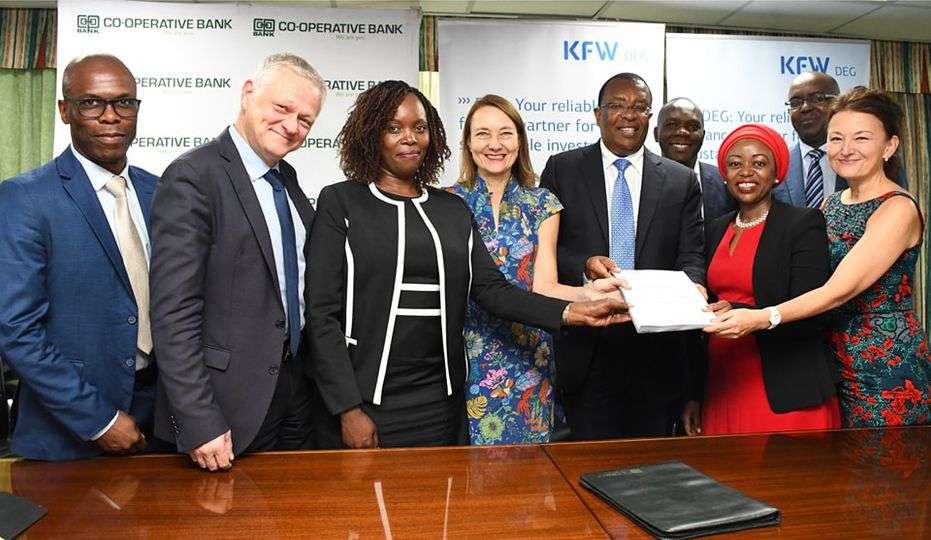By Our Correspondent
Kenya’s economic future hangs in the balance as the country’s ballooning public debt surpasses Sh11 trillion, prompting stern warnings from the Institute of Certified Public Accountants of Kenya (ICPAK) and calls for urgent structural and fiscal reforms.
Speaking at the 42nd ICPAK Annual Seminar in Mombasa, ICPAK Chairman Philip Kakai described the state of the economy as “precarious”, with national growth projections steadily declining and public finances under immense pressure.
“Our economy is at a crossroads,” Kakai told delegates. “While 2021 saw a strong post-pandemic rebound with GDP growth of 7.5 per cent, driven by services, finance, and tourism, the outlook for 2025 is considerably less optimistic, with the Central Bank and World Bank forecasting growth at just 5.3 to 5.4 per cent.”
Kakai attributed the economic slowdown to a combination of internal and external vulnerabilities: unsustainable debt, surging inflation, high youth unemployment, and weak governance structures.
With debt repayments consuming more than 60 per cent of government revenue, Kenya now faces a shrinking fiscal space for development expenditure. “Inflation is pushing essential goods beyond the reach of millions, and youth unemployment stands at a staggering 35 per cent,” he noted. “This is not just an economic issue, it is a crisis of lost potential and squandered human capital.”
Despite the sobering assessment, Kakai expressed optimism and urged professionals, particularly accountants, to play a more prominent role in driving reforms. “As professionals, we must go beyond the balance sheet. We must be agents of transformation in budgeting, procurement, and service delivery,” he said.
Calling for renewed leadership from the accounting profession, Kakai stressed the need for principled individuals to occupy positions of influence in both the public and private sectors. “We must walk into boardrooms, serve on regulatory bodies, and offer ourselves for leadership. If we want to reclaim the promise of shared prosperity, we must act with courage and integrity.”
Kakai singled out corruption as the most corrosive force derailing national progress. “Kenya’s persistently poor performance in the Transparency International Corruption Perceptions Index is telling. It is a reflection of normalised impunity,” he said, referencing high-profile scandals involving illicit cash hoards and abuse of public funds.
“This is not just cash under a mattress, it is a symbol of a broken system and a betrayal of public trust,” he said. “Corruption is economic sabotage. It is the reason our hospitals lack drugs, our youth lack jobs, and our cost of living remains unjustifiably high.”
Kakai challenged accountants to uphold their moral and civic duty to detect, prevent, and speak out against financial malpractice. “This battle is not just about systems. It requires moral clarity and collective courage. Every shilling recovered is a step towards justice and dignity.”
Meanwhile, concerns over the government’s debt management strategy continue to mount, even from within President Ruto’s political camp. Ndindi Nyoro, the former chairperson of the National Assembly’s Finance and Budget Committee and a once-vocal supporter of the administration, has publicly criticised the practice of borrowing long-term loans to offset maturing debts.
“The interest rates on these new debts are crippling,” Nyoro said. “We are spending over Sh1.8 trillion annually on debt servicing, Sh750 billion for domestic loans alone. This is not sustainable.”
Nyoro lamented the lack of urgency and clear communication on the debt crisis. “I don’t think those responsible are addressing the seriousness of this matter as they should,” he warned. “Kenya has a lot of work to do on debt management, and the government must lead the way.”
With both professionals and legislators raising the alarm, it is increasingly evident that Kenya’s economic future depends on whether decisive and transparent reforms can be implemented, and whether the country can muster the political will to break free from the cycle of unsustainable borrowing.





